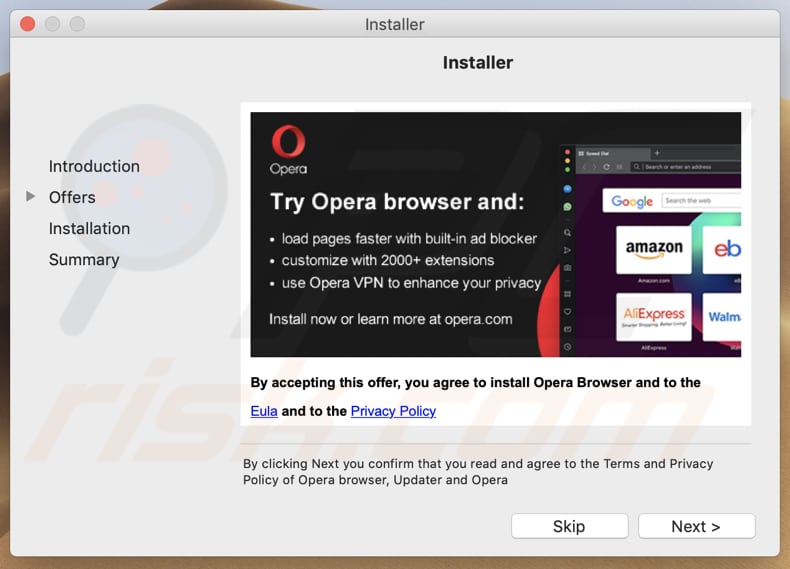

- #OPERA VECTOR FIELDS FOR MAC FULL#
- #OPERA VECTOR FIELDS FOR MAC SOFTWARE#
- #OPERA VECTOR FIELDS FOR MAC LICENSE#
- #OPERA VECTOR FIELDS FOR MAC FREE#
In November 2004, Opera Software sent an electronic message to Microsoft, complaining that Opera users were sent an incomplete JavaScript file when using Hotmail. However, Microsoft continued to serve the outdated style sheet to the older Opera 6. Īfter the complaints, Microsoft changed their servers to present the latest version of Opera, version 7, with the style sheet served to the latest version of Internet Explorer, which resolved the problem. They did this to make a point about the necessity of a harmonious relationship between web browsers and web sites. In response, the Opera Software company created a special "Bork" edition of Opera which displayed gibberish instead of MSN.com but not on any other web site. The outdated style sheet that Opera received caused Opera to move a significant amount of MSN.com's content 30 pixels to the left of where it should be, distorting the page and making it appear as though there was a bug in Opera. Other browsers received either a style sheet tailored to them, or at least the latest Internet Explorer style sheet. In 2003, MSN.com was configured to present Opera browsers with a style sheet used for old versions of Microsoft Internet Explorer.
#OPERA VECTOR FIELDS FOR MAC LICENSE#
Users could pay a license fee to remove the advertisement bar. In the newer versions the user was allowed a choice of generic graphical banners, or text-based targeted advertisements provided by Google based upon the page being viewed. Opera was commonly criticized for having been ad-sponsored, since this was seen as a barrier to gaining market share.
#OPERA VECTOR FIELDS FOR MAC FREE#
Schools that opted for the free license included Massachusetts Institute of Technology (MIT), Harvard University, University of Oxford, Georgia Institute of Technology, and Duke University. On January 12, 2005, Opera Software announced that it would offer free licenses to higher education institutions, a change from the previous cost of $1,000 USD for unlimited licenses. Opera 7.6 was never officially released as a final version. Pages are dynamically resized by making images and/or text smaller, and even removing images with specific dimensions to make it fit on any screen width, improving the experience on smaller screens dramatically. Fit to Width is a technology that initially utilized the power of CSS, but it is now internal Opera technology. Opera also announced a new browser for Interactive Television, which included a fit to width option Opera 8 introduced. It had more advanced standards support, and introduced voice support for Opera, as well as support for Voice XML. In August 2004, Opera 7.6 began limited alpha testing.

The review also criticized the free edition's use of obtrusive advertisements when other browsers such as Mozilla and Safari were offered free of charge without including advertisements.
#OPERA VECTOR FIELDS FOR MAC FULL#
The new engine brought almost full support for the HTML DOM meaning that parts of, or a whole, page can be re-rendered in response to DOM and script events.Ī 2004 review in The Washington Post described Opera 7.5 as being excessively complex and difficult to use.

Version 7.0 saw Opera undergo an extensive rewrite with the faster and more powerful Presto layout engine.

On January 28, 2003, Opera 7 was released, introducing the new " Presto" layout engine, with improved CSS, client-side scripting, and Document Object Model (DOM) support. Project Magic then became a news column for updates for alternate operating systems until version 4. On Novemthey closed voting for which operating system to develop with. On October 10, 1997, they launched "Project Magic", an effort to determine who would be willing to purchase a copy of their browser in their native OS, and to properly distribute funds to develop or outsource for such operating systems. ĭue to popular demand, Opera Software showed interest in programming its browser for alternate operating systems such as Apple Macintosh, QNX and BeOS. Version 2.0, the first public release of Opera, was released as shareware in 1996.


 0 kommentar(er)
0 kommentar(er)
